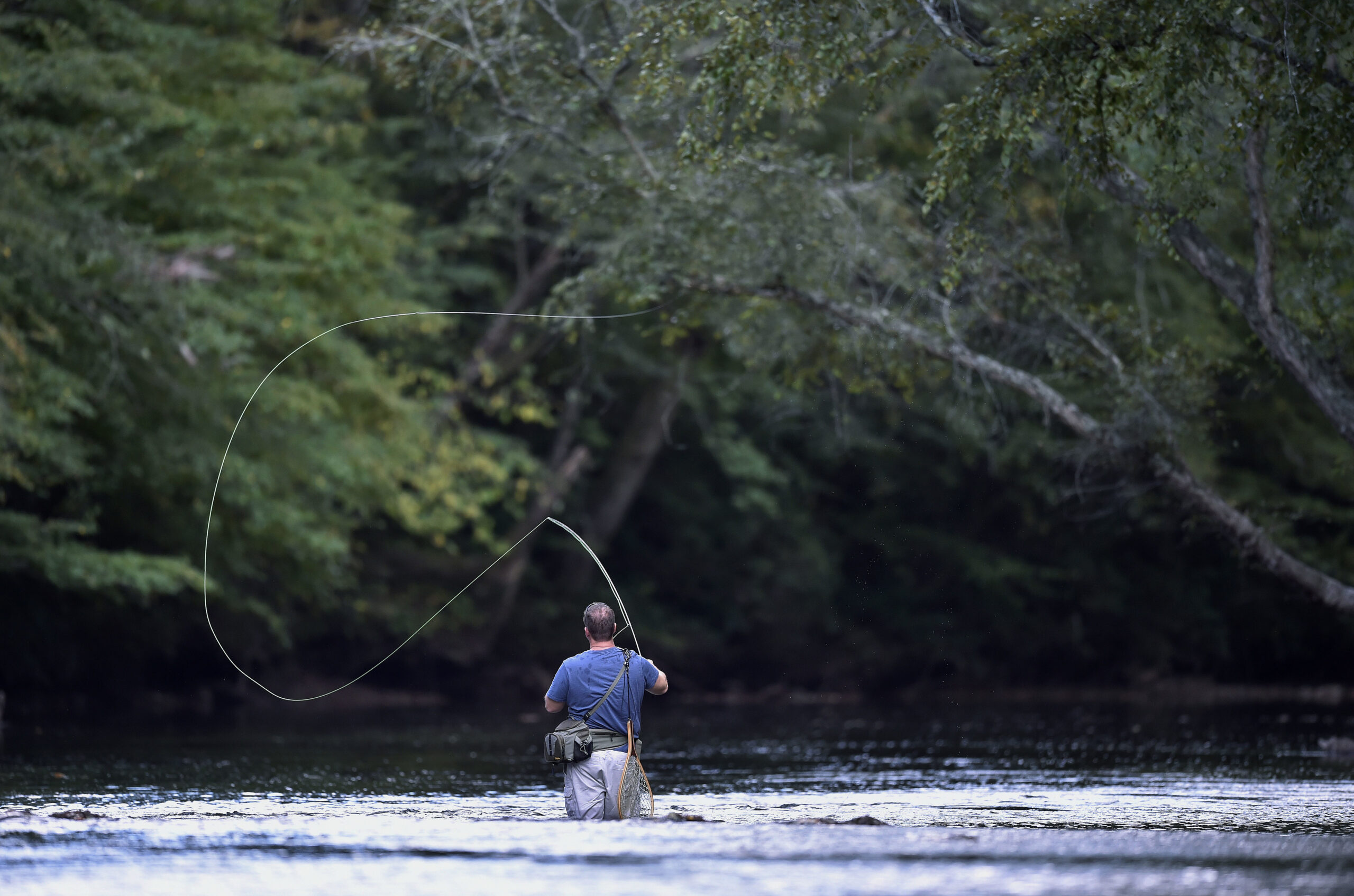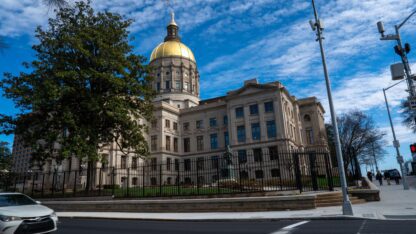For nearly 30 years, Georgia and Florida have fought over water.
Florida says Georgia uses too much from the rivers that the states share. This week, that fight escalated to the U.S. Supreme Court. But even with a decision from the justices, the water wars in the Southeast probably won’t be over.
Florida says Atlanta homes and businesses and South Georgia farms consume too much water. So much, that it’s hurt the environment and the fishing industry in the Apalachicola River and Bay on the Florida panhandle.
The Bay is famous for its oysters, but it’s in rough shape. In 2012, following a drought, the federal government declared the fishery a disaster. People down there say it’s never really recovered.
“Florida has to have more water,” said Dan Tonsmeire with the Florida environmental group, Apalachicola Riverkeeper. “The only place to get that is for Georgia to use less.”
So Florida asked the Supreme Court to limit how much water Georgia is allowed to use. The court designated a special master to hear evidence in the case and to make a recommendation.
Last year the special master, Ralph Lancaster, suggested that the court deny Florida’s request, but he wasn’t totally siding with Georgia.
Lancaster agreed with Florida that the Apalachicola Bay and its oyster industry are in trouble and that Georgia has managed water irresponsibly.
“Georgia’s position — practically, politically, and legally — can be summarized as follows: Georgia’s agricultural water use should be subject to no limitations, regardless of the long-term consequences for the Basin,” he wrote in his February 2017 report.
There’s a sticking point, though. Lancaster didn’t agree that limiting Georgia’s water use would fix anything, because there are several dams in the Apalachicola-Chattahoochee-Flint River Basin, and they’re managed by the U.S. Army Corps of Engineers, which decides how much water to release from the dams.
Lancaster said capping Georgia wouldn’t necessarily mean more water would flow to Florida out of those dams. Georgia agreed with that decision.
During arguments, though, not all of the justices seemed to buy that, and some appeared interested in trying to do something to help the Apalachicola Bay.
“Can we agree that a cap at the very least would prevent — would prevent the situation in Florida from getting worse?” asked Justice Ruth Bader Ginsburg.
Georgia’s attorney Craig Primis answered no, because, he said, during periods of drought even if Georgia uses less, resulting in more water in the rivers, the Army Corps of Engineers may still decide to hold extra water back in its reservoirs instead of allowing it to flow to Florida.
“What reason is there to think that they won’t give a teaspoonful, they won’t give a little big at least, of that extra water they never thought they had to help the mussels and the oysters and the others down in Florida?” asked Justice Breyer.
The justices also had questions for Florida, asking why the state hadn’t presented enough evidence to prove a cap would help. Justice Stephen Breyer asked if they could send the case back to the special master to gather more information.
Gil Rogers, an attorney at the Southern Environmental Law Center, attended the arguments.
“That may spell the fact that the court is willing to allow Florida to have another go of proving its case and showing how changes in Georgia could benefit things on the Florida side of the line,” he said.
The Supreme Court doesn’t have to take the special master’s recommendation.
“The justices felt certainly that something bad was happening to Florida, but I didn’t get a sense of, ‘What are we going to do about it,’” said UGA law professor Peter Appel. “I could very well see them just kicking the can down the road.”
Supreme Court cases between states can last for years, Appel said.
Tonsmeire said he hopes the justices rule in a way that would get the states to sit down and — after decades of fighting — finally agree on a solution.
“The litigation has made both collaboration and communication almost impossible for so many years,” he said.
Whatever the ruling in this case, it likely won’t be the end of the water wars in the Southeast. In recent years, even more lawsuits have been filed over how to manage the water here.








